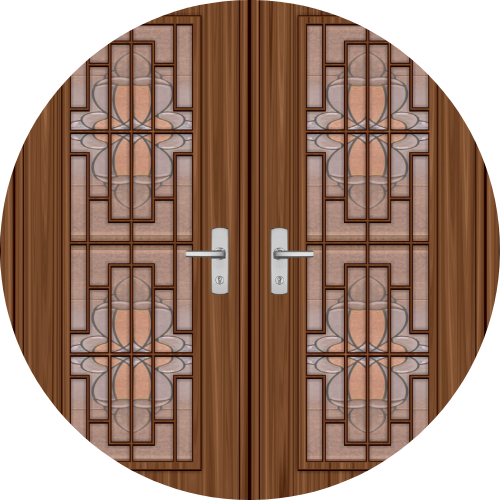Vacation Rental Cost Segregation
Case Study
No Cost Segregation Study
Total Depreciation
$60,090
Cost Segregation Study
Total Depreciation
$1,080,039
5 Year Assets
15 Year Assets
39 Year Assets
Total Tax Benefits
$382,481
Property Type
Cabin
#Of Bedrooms
12
Building Cost
$2,678,300
Square Feet
12,000 SF
Lot Size
10 Acres
TOP DEPRECIATED ASSETS
Why is Cost Segregation Beneficial to Vacation Rentals?
Shorter Life Assets
Vacation rentals often have various components that can be reclassified as shorter-life assets, such as carpeting, lighting fixtures, decorative millwork, and specialized electrical or plumbing systems.
By identifying and reclassifying these assets through cost segregation, the vacation rental can depreciate them over shorter recovery periods, usually 5, 7, or 15 years, leading to accelerated tax deductions.
Appliances
Vacation rentals heavily invest in various appliances, including ovens, stoves, refrigerators, and washer/dryers.
These assets can be identified and reclassified through cost segregation, allowing for faster depreciation and tax savings.
Land Improvements
Cost segregation can also help vacation rentals identify land improvements, such as landscaping, parking lots, and sidewalks, which often have shorter depreciable lives compared to the overall building structure. This allows for accelerated deductions on these components.
Common Areas
Cost segregation allows vacation rentals to differentiate between common areas (e.g., living rooms, hallways) and specialty spaces (e.g., meeting rooms, home gyms) for depreciation purposes.
Specialty spaces often have specific features and components that can be depreciated over shorter periods, optimizing tax benefits.
Technology Infrastructure
Modern vacation rentals heavily rely on technology for reservations, guest services, and security.
The technology infrastructure, including servers, networking equipment, and security systems, can be segregated for faster depreciation, aligning with the shorter useful life of these assets in the rapidly evolving tech landscape.
Renovations and Improvement Costs
Vacation rentals frequently undergo renovations and improvements to stay competitive and meet evolving guest expectations.
The costs associated with these improvements can be segregated and depreciated more rapidly, providing immediate tax benefits instead of spreading the deductions over the typical 27.5-year period for residential real property.





